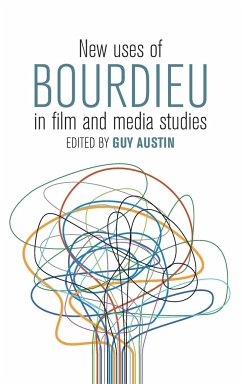
Persistently Postwar
Media and the Politics of Memory in Japan
Herausgeber: Guarné, Blai; Martinez, Dolores P.; Lozano-Méndez, Artur

PAYBACK Punkte
66 °P sammeln!
From melodramas to experimental documentaries to anime, mass media in Japan constitute a key site in which the nation's social memory is articulated, disseminated, and contested. Through a series of stimulating case studies, this volume examines the political and cultural representations of Japan's past, showing how they have reinforced personal and collective narratives while also formulating new cultural meanings, both on a local scale and in the context of transnational media production and consumption. Drawing upon diverse disciplinary insights and methodologies, these studies collectively...
From melodramas to experimental documentaries to anime, mass media in Japan constitute a key site in which the nation's social memory is articulated, disseminated, and contested. Through a series of stimulating case studies, this volume examines the political and cultural representations of Japan's past, showing how they have reinforced personal and collective narratives while also formulating new cultural meanings, both on a local scale and in the context of transnational media production and consumption. Drawing upon diverse disciplinary insights and methodologies, these studies collectively offer a nuanced account in which mass media function as much more than a simple ideological tool.













